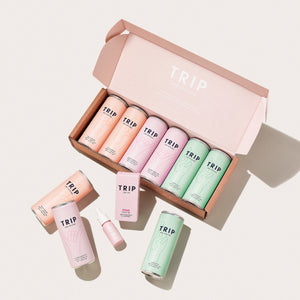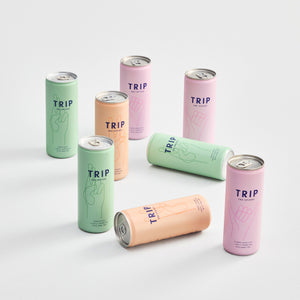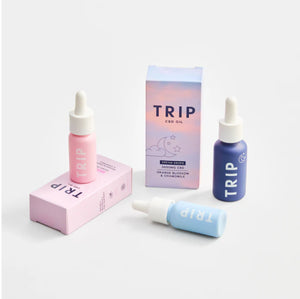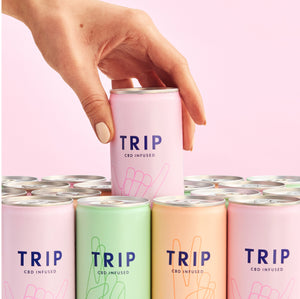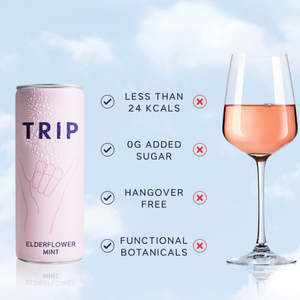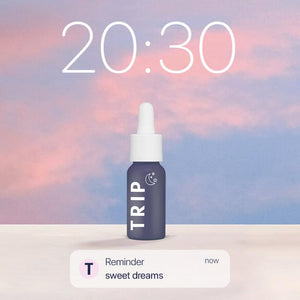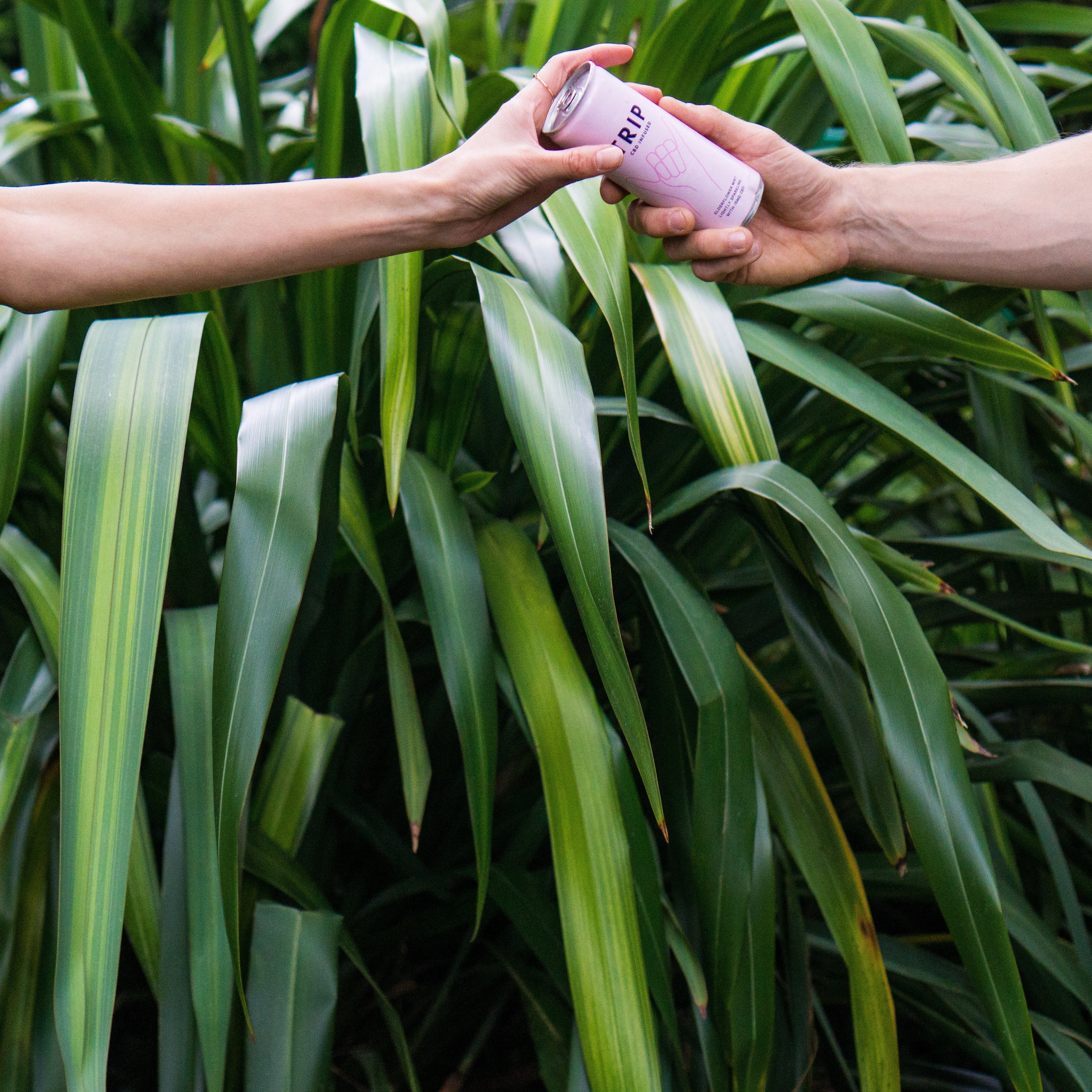Enjoying a few drinks with friends on a night out can be fun, but the hangover that follows the next day? That’s a lot less fun. After a night of drinking alcohol, you might be familiar with the usual physical symptoms of a hangover - a pounding headache, nausea and the urge to stay in bed with the curtains closed for almost all of the day. But did you know that hangovers can give you psychological symptoms too? The most common, feeling anxious, and the experience has been so widely spoken about that it’s come to have its own name: hanxiety. Hangover-related anxiety is fairly new and the single cause hasn’t been identified yet but there are a few different theories.
Theories for hanxiety
Social anxiety - many use alcohol as a social lubricant. You may find that a drink or two helps to calm nerves but as the effects of alcohol start to wear off, anxiety tends to return, along with a hangover.
Alcohol detox - your body has to process alcohol once it's been drunk. This ‘detoxification’ phase may be considered as a mild form of withdrawal, where you can feel restless and anxious.
Emotional withdrawal - drinking alcohol triggers the release of endorphins, your body’s feel-good hormones. Endorphins are released in response to traumatic events, such as drinking alcohol, and their levels naturally decrease over days, giving you that ‘come down’ feeling.
Dehydration - needing to go to the bathroom frequently is a common result of more liquid. The combination of that and not drinking enough water leads to dehydration and research suggests that this can contribute to anxiety and changes in mood.
Folic acid deficiency - not getting enough of the right nutrients can also affect your mood. One study has shown evidence for a potential link between adults with depression or anxiety and low levels of folic acid.
Regret - alcohol can help to lower your inhibitions, making you feel more relaxed after a few drinks but a few too many and you may start to do things slightly out of character and then wake up the next day feeling worried or anxious about your actions.
Alcohol intolerance - some people are allergic to alcohol and might not know it because intolerances can resemble similar symptoms to anxiety, including nausea, a racing heart, headache and fatigue.
Poor sleep - alcohol affects the quality of your sleep, even if you don’t drink much. Anxiety worsens when you aren’t getting enough sleep and knowing you’re lacking in sleep can also make you more anxious, an unpleasant cycle.
Why doesn't it happen to everyone?
Some people wake up from a big night out hangover-free and ready to brunch, whilst others are bed-bound and wrapped up in a duvet all day. Alcohol is known to make anxiety worse and those who already have an anxious predisposition may find that a hangover heightens this.
How to deal with hanxiety?
Get your body in the right state: rehydrate by drinking plenty of water throughout the day. If you feel nauseous, eat a light meal of mild foods such as crackers, bananas or dry toast as these can help to settle the stomach. Avoid eating greasy or processed foods as these may make you feel worse. If you’re able to, sleep it off - take a shower or bath, put on some relaxing music and pop a couple of CBD oil drops under your tongue.
CBD is a compound extracted from the hemp plant that’s most commonly known for helping to ease anxiety. Unlike THC, it won’t get you high as there are no psychoactive elements in it, but it will help you find your calm. According to research, CBD may interact with CB1R, a receptor in the brain that regulates fear and anxiety-induced behaviours. Pre-clinical and clinical studies have suggested that CBD could potentially be an effective treatment for a number of anxiety disorders but more concrete research is required.
Understanding anxiety is the first step to managing it, and meditation is another way that can help to regulate emotions. Research shows that consistent meditation may reprogram neural pathways by thickening the brain’s physical structure, therefore improving the ability to regulate emotion.
How to prevent hanxiety?
A bad hangover, even without the anxiety afterwards can make you never want to drink again - we’ve all been there! Not drinking is certainly one way to avoid the dreaded hanxiety but there are many other things that you can do to reduce the chances of you waking up with ‘the fear’.
Next time you decide to drink, follow these steps and see how you feel the next day.
1. Avoid drinking on an empty stomach
2. Match your alcohol intake glasses of water
3. Try an alcohol alternative such as CBD infused drinks - thank us later!
4. Pace yourself - don’t drink too quickly
5. Set yourself a limit and keep yourself accountable
6. Wake up and place a few drops of CBD oil under your tongue, hold for a minute and then swallow
Want to know more about CBD? Read all about its benefits here or drop us a line @ +44 786 212 6624.



